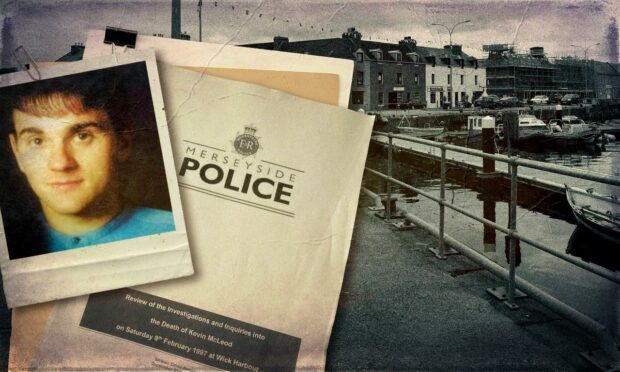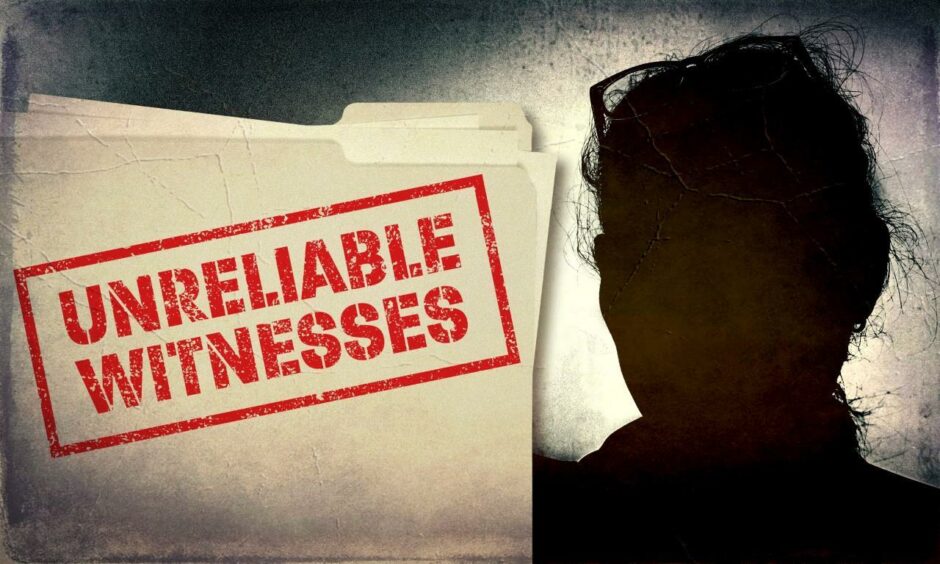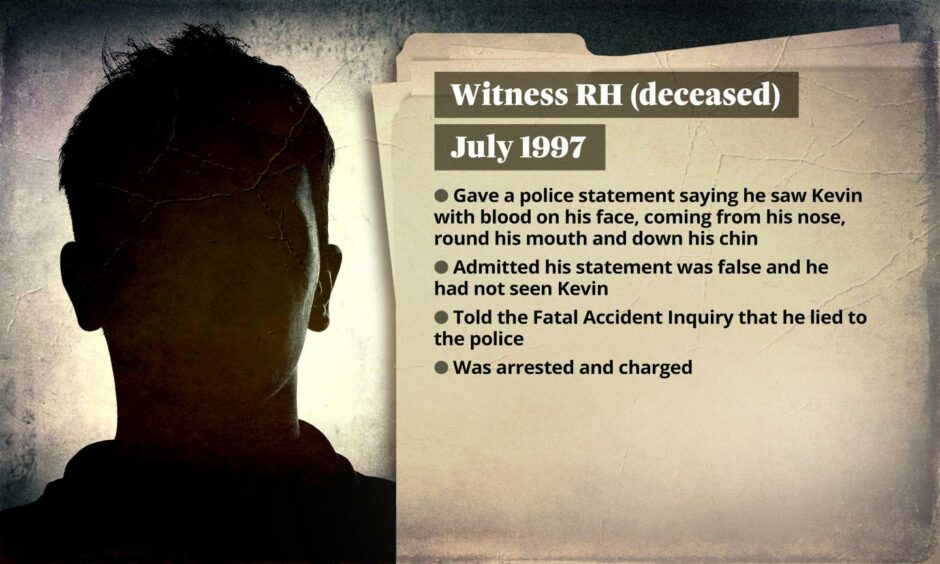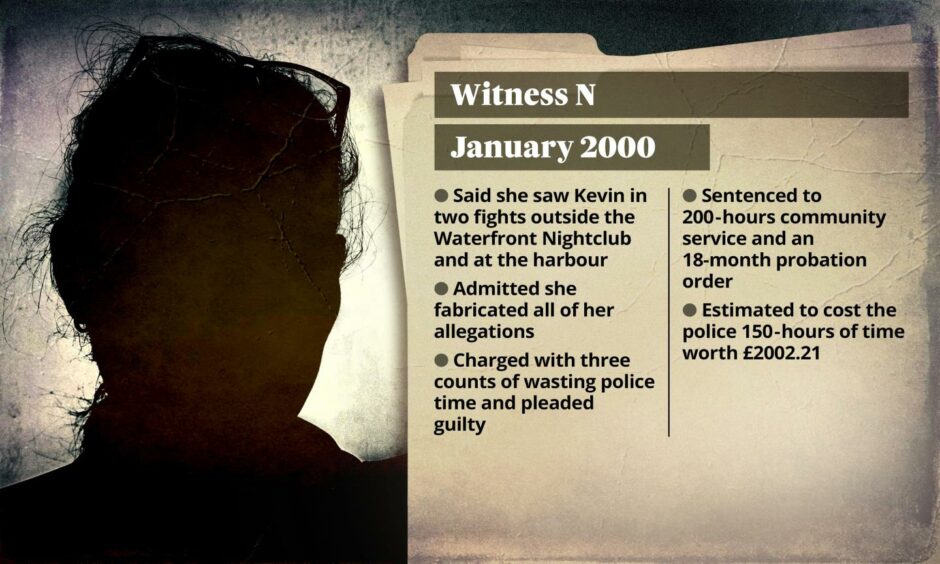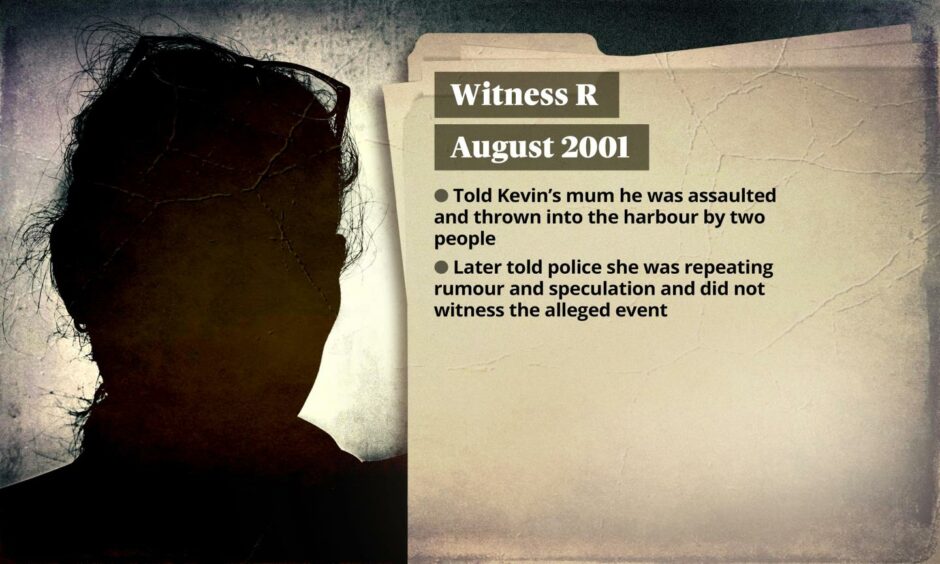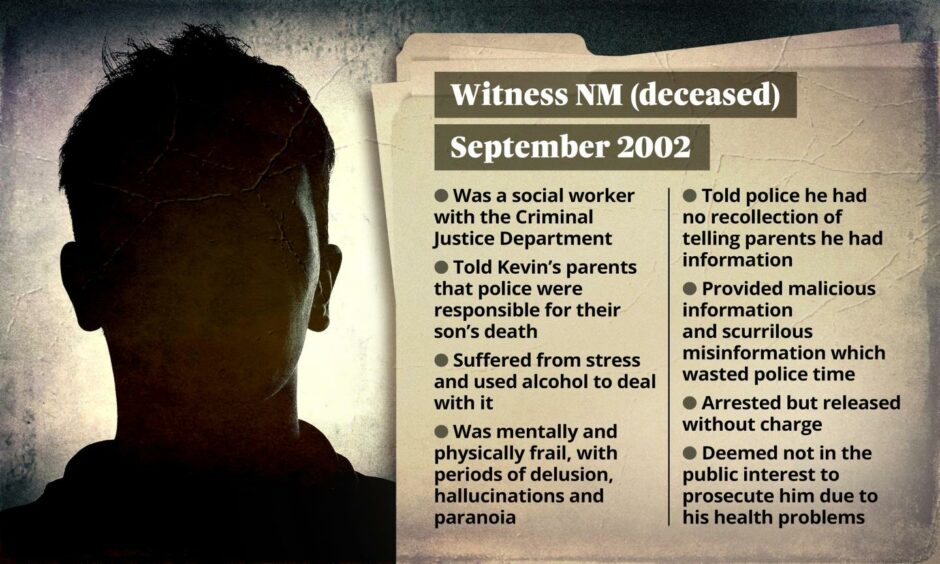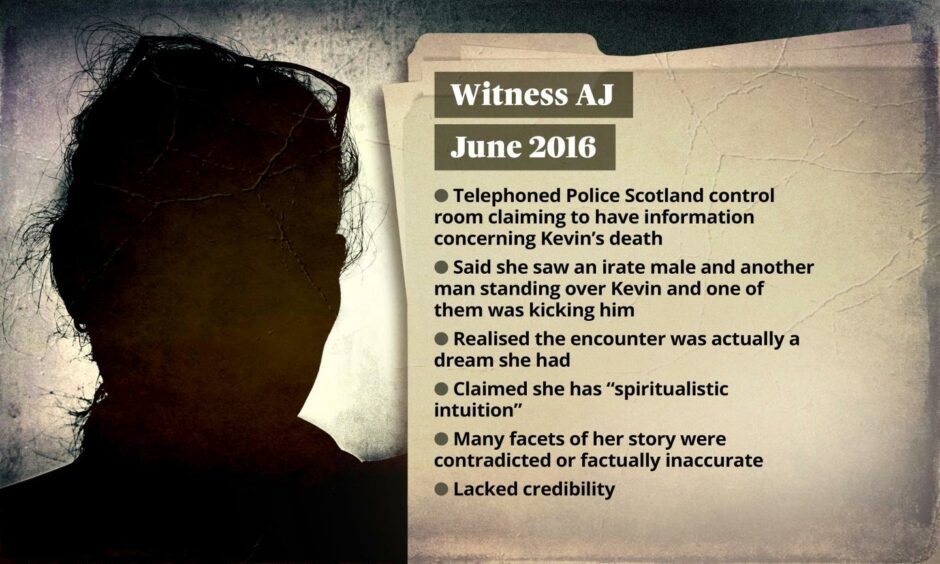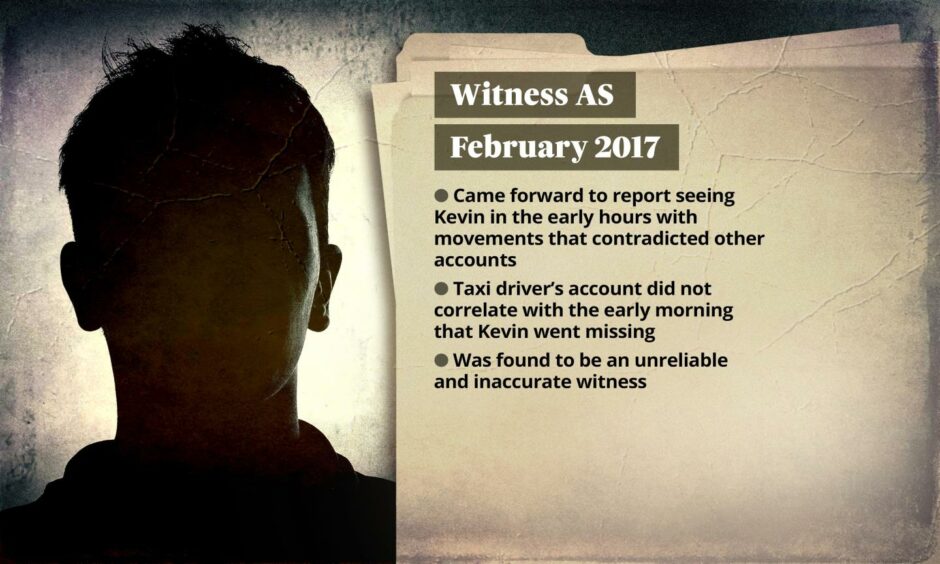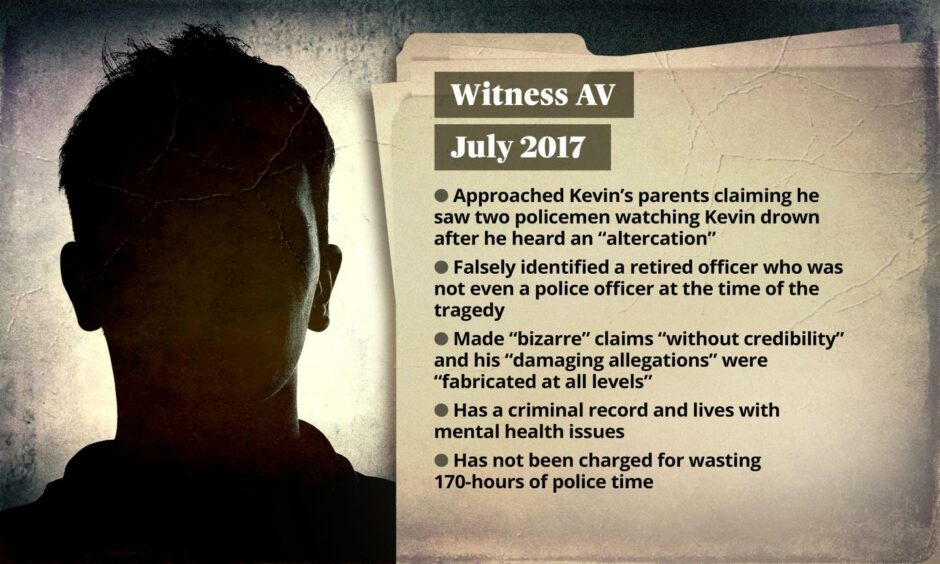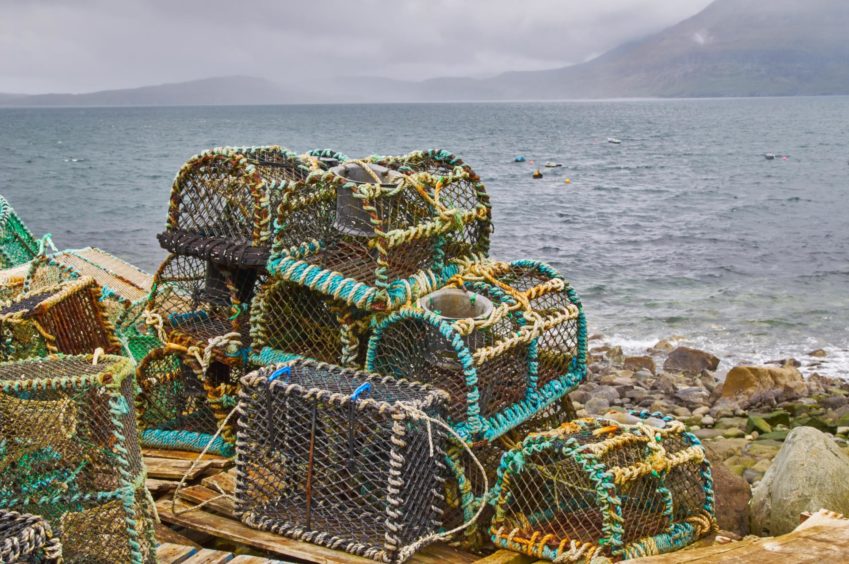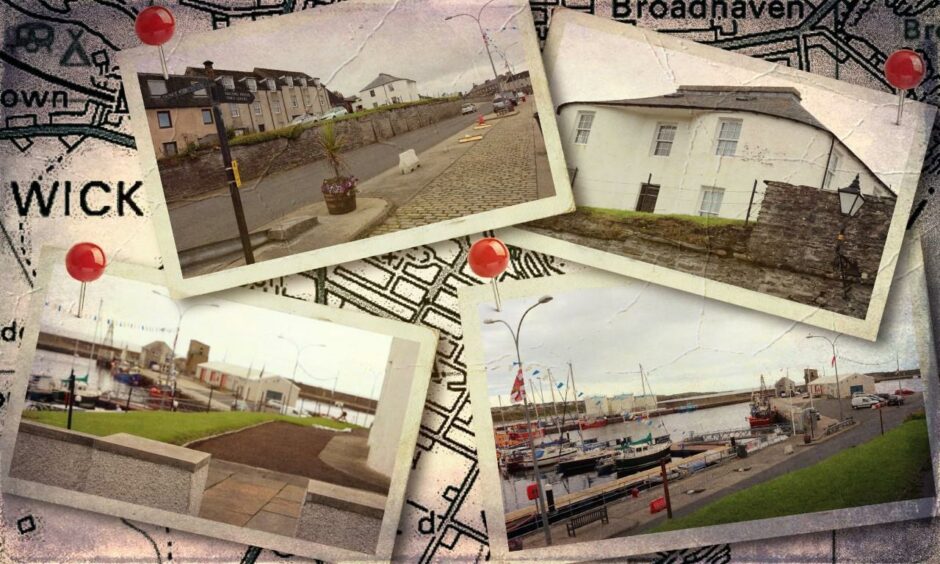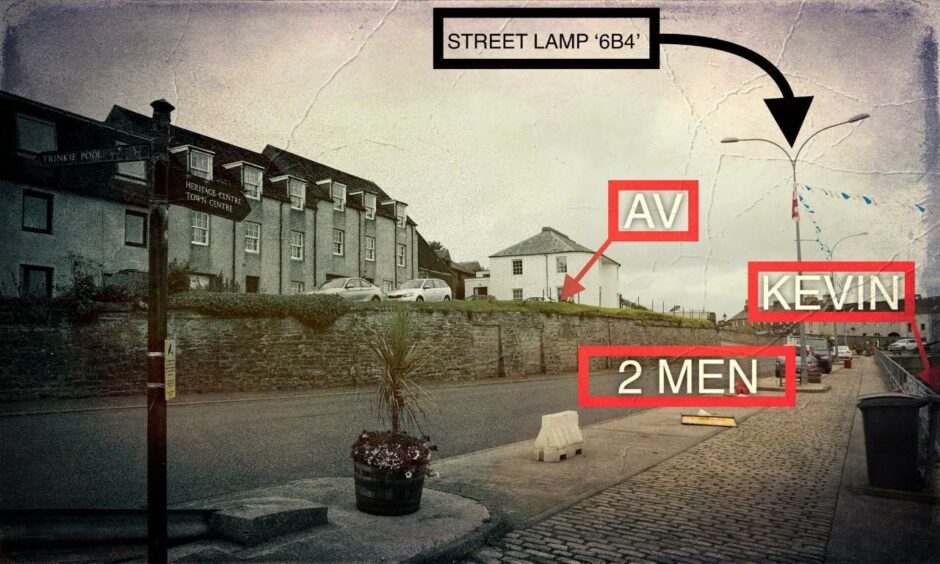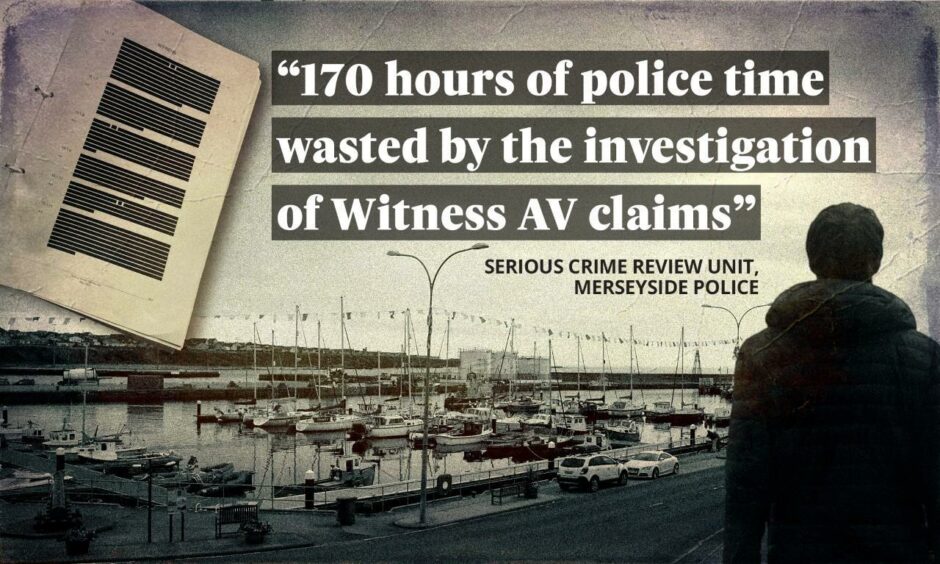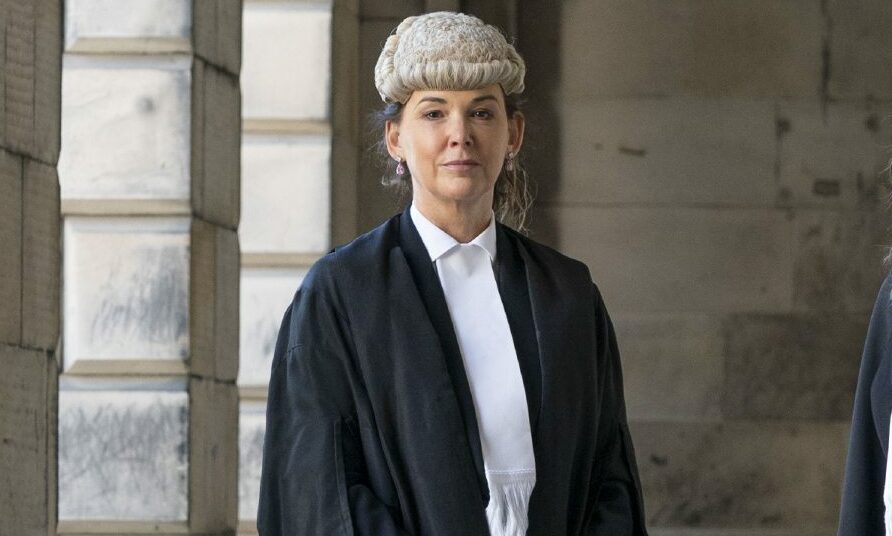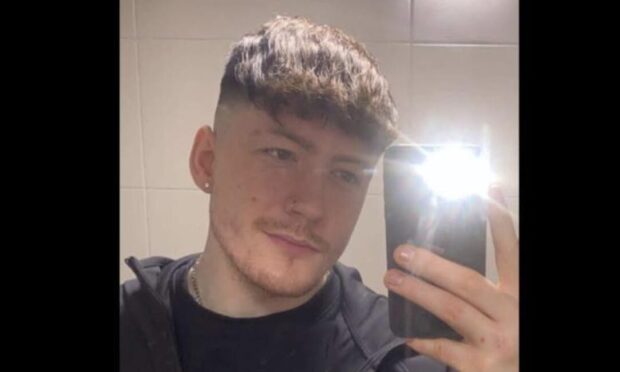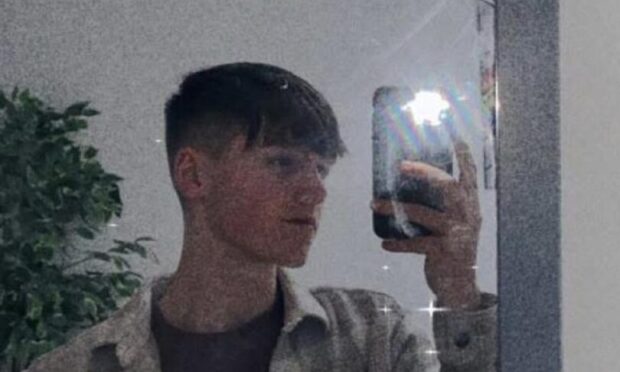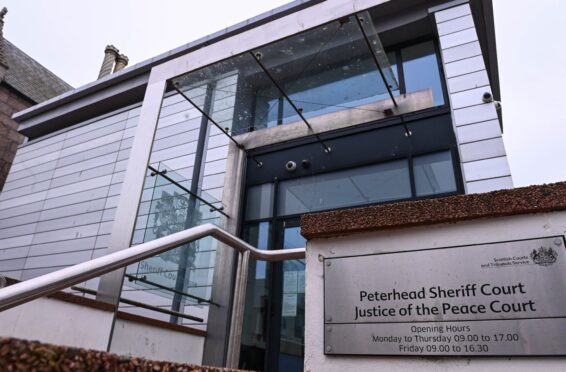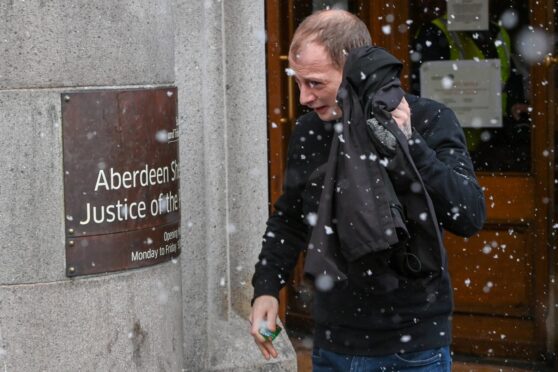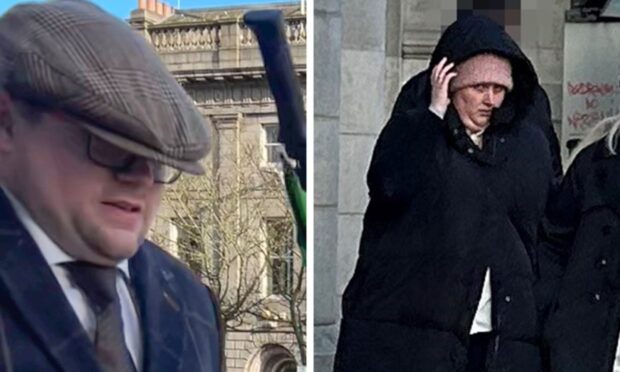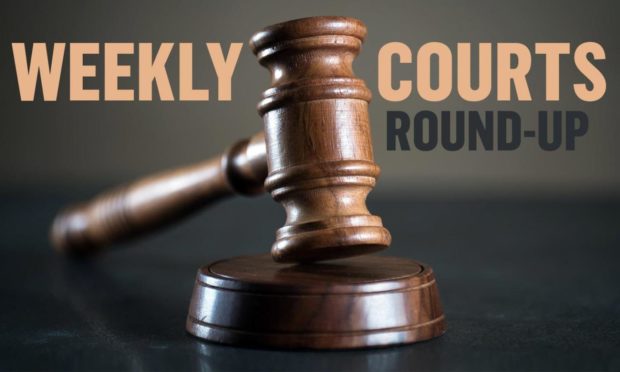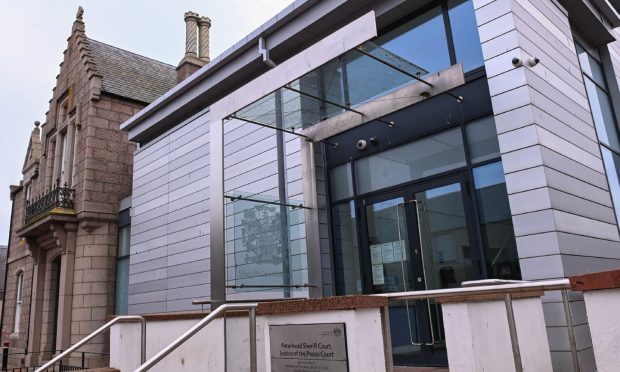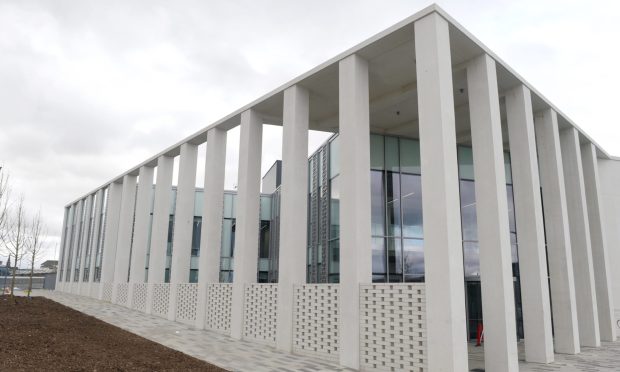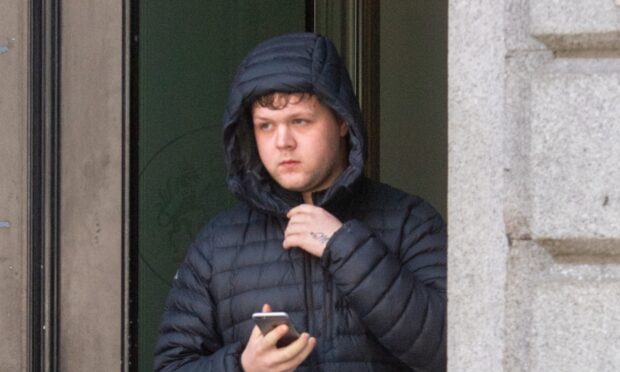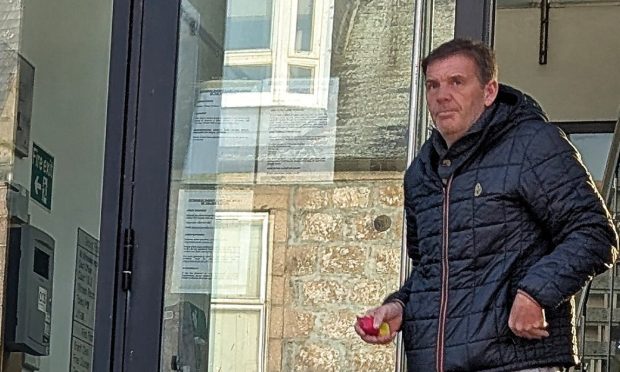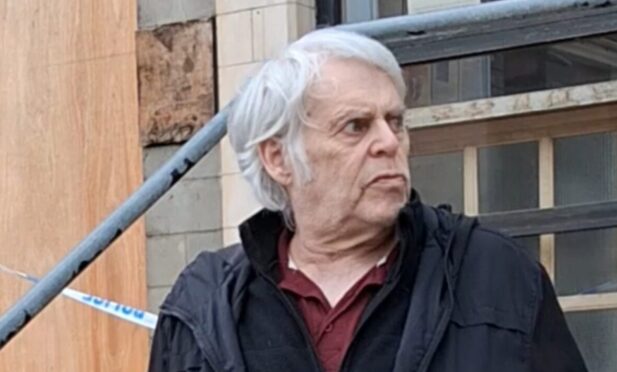A confidential report into the death of Kevin Mcleod has concluded he drowned in Wick Harbour after an accidental fall – and cleared police and prosecutors of criminality, the Press and Journal can reveal today.
A team from Merseyside Police has spent months re-examining the evidence of the controversial case and has concluded that the 24-year-old was “highly unlikely” to have been murdered.
It’s understood Kevin’s family are upset over the findings, which contradict their continued belief that his death was not an accident.
Kevin’s parents, June and Hugh, reported him missing on February 8 1997 when he did not come home from a night out. His body was found the following day.
Kevin McLeod death report
The 357-page Merseyside Police dossier concludes:
- Kevin was “suffering the effects of alcohol” when he fell onto the deck of the fishing boat, MFV Aurora
- His “catastrophic internal injuries” were not caused by an assault but by impacting on one or more of the creel nets on the deck of the boat
- A key witness’s evidence that he saw two local policemen watching Kevin drown after hearing an altercation was “fabricated at all levels”
- There is “no evidence that any police officers or COPFS officials committed any criminal acts”
Attack on Kevin ‘highly unlikely’
Kevin’s family insist that Kevin could not have fatally injured himself by falling onto creel nets, because they contend there were none onboard the Aurora at the time of the tragedy.
Merseyside’s review team does concede they “cannot discount the possibility that he may have been pushed from the quayside”.
Serious Crime Review Unit
However, the Serious Crime Review Unit referred to such a “chance” or “unprovoked encounter” as “highly unlikely” because:
- Kevin was a man of good character with no known concerns or enemies
- The review team uncovered no one with a motive to end Kevin’s life
- The last two people to see Kevin alive in the harbour did not see a fourth person
- The crew onboard the nearby fishing boat MFV Gunnhilda heard no disturbance or struggle
Six detectives and two retired officers trawled 20 boxes of documentation recovered from Police Scotland’s premises in Wick, Stirling, and Inverness.
The independent investigators also scrutinised data on a memory stick and reviewed digital downloads of previous inquiries.
But despite “additional interviewing of witnesses, the review team could not find evidence of any criminal involvement in Kevin’s death,” the report said.
It branded the initial Northern Constabulary police probe in 1997 as “ill-equipped” and “under-resourced”.
Also highlighted were “multiple missed opportunities, with some most basic lines of enquiry being overlooked”.
The confidential report also noted: “There is evidence of instances of potential misconduct” but “those involved are now either retired and no longer subject of disciplinary regulations, or have sadly passed away.”
Rumour, conjecture, fabrications
Caithness community
Also under the spotlight was the Caithness community, which the report blamed for spreading conspiracy theories.
The Serious Crime Review Unit found those stories were “fuelled in the main by rumour and conjecture”.
It also blamed “fabricated allegations made by a number of local people” for creating and sustaining controversy.
The review also revealed police experienced “difficulties” with “many” key witnesses over the decades “due to the amount of alcohol they consumed”.
It said: “This distorted their recollections, leading to numerous inconsistencies in accounts.”
The dossier also said “alcohol dependency and abuse” was a “near-constant theme among witnesses introducing allegations that Kevin was subject to severe beatings prior to his death”.
GALLERY: The ‘unreliable’ witnesses
Merseyside detectives considered a series of forensic studies based on the opinions of leading pathologists.
A report, compiled in November 2021, collated their theories and concluded “there is no pathological evidence to support or specifically suggest any assault” on Kevin.
It continued: “Rather, the findings entirely support the scenario whereby he has come to fall from the quayside onto the [fishing boat] Aurora, impacting his lower chest/abdomen onto the area where the creels were and then falling into the water.
“This impact has resulted in the abdominal injury and which together with the acute alcohol intoxication may have contributed to his death from drowning.”
These were shared with Dr Rosslyn Rankin, who carried out Kevin’s first post-mortem.
She examined photographs showing a series of diamond-shaped bruising on Kevin’s body.
Those markings matched images of the creel netting weave pattern overlaid onto photos of his injuries.
Dr Rankin agreed: “There is nothing in the events leading up to Kevin’s death and the findings at autopsy which is not explained by falling onto the Caithness creel.
“The evidence does not support an assault of any kind. The netting overlay evidence is indisputable.”
Drinking had a detrimental effect
Merseyside detectives built a timeline of Kevin’s movements on the night he “consumed a large volume of beer and spirits”.
They said drinking had a “detrimental effect on his ability to function properly”.
A witness observed Kevin “sitting on a kerb at the quayside with his head in his hands and unresponsive to queries about his welfare”.
Inquiries placed Kevin “within a few yards of the edge of the quay where two vessels, the Motor Fishing Vessel (MFV) Gunnhilda and the MFV Aurora were berthed”.
And the review team said: “At some stage he stood and made his way to the quayside edge (possibly intending to urinate, as his jean buttons were found to be undone).”
It is claimed that Kevin fell from a height made greater by the low tide, which meant the boat lay lower down the quayside.
New witness AV
One of the most damning conclusions of the case review was that a man who claimed he saw two policemen present while Kevin drowned “wasted 170 hours” of detectives’ time.
The man, who is in his late 40s, told Kevin’s parents that he saw “two policemen in front of Kevin while he was drowning”.
AV said he came across a troubling scene after he “heard an altercation and a splash in the water” on the night of February 7 1997.
He recalled: “I crept up and saw the scene where there was someone in the water and a policeman standing.
“I coughed and then another policeman appeared, and one told the other one to ‘go and get him,’ so I ran away.”
Six months after coming forward, Witness AV talked to the police – but only after assurances that former Northern Constabulary officers, whom he feared, would not question him.
Police Scotland’s Central Belt-based Major Crime detectives took a formal statement from AV, who told them the two legacy force officers in question arrested him several years before Kevin died.
Witness AV said on an occasion in 1992 he saw Kevin attacked by a police officer accompanied by another colleague.
The following day those same two officers pulled over a car driven by AV, who was then arrested for drink-driving.
The man – who still lives in Wick and admitted having a “terrible memory” – insisted the officers were the same pair present at the harbour in the final moments of Kevin’s life.
‘Without credibility’
Merseyside Police looked in detail at Witness AV’s claims and branded them “bizarre,” “fabricated at all levels,” and “without credibility.”
The dossier found a host of factual discrepancies in AV’s claims and called some of them “absurd”.
It found the drink driving arrest, which AV claimed was in 1992, actually happened on February 7 1993.
The review team identified and traced the officers involved, but neither of them wore the shoulder number “1304” which the false complainer claimed he saw on one of them.
The Press and Journal has tracked down Witness AV and told him of the inquiry’s findings.
He defended himself, saying: “There will be people out there that think I’m talking a load of lies – policemen never do that sort of thing.
“I can only say that, if they don’t believe me, then they’re not believing the truth.
“I’m not here to prove anything or make people believe what I’ve seen.”
Falsely accused a man who was not a policeman at the time
In another blow to the credibility of Witness AV’s evidence, Merseyside Police also concluded that one of the police officers he accused of having a role in Kevin’s death was not even a policeman in 1997.
The Serious Crime Review Unit cleared that person after enquiries found he only joined the police two years after Kevin died.
When told about this, Witness AV told us: “Unless there’s somebody that looks identical to him, then I don’t know what to think.
“I’m absolutely gobsmacked.
“It’s come back as a shock to find that they’ve found that he didn’t even work for the police force at that time.
“A lot of people kind of know that I’m a witness that came forward after twenty-odd years.
“For them to think that I’ve just made this all up, it’s going to be pretty terrible.”
We appreciate the devastating impact the death of Kevin Mcleod, and the subsequent investigations, have had on those closest to Kevin.
COPFS spokesperson
Kevin Mcleod’s loved ones are preparing a response for the Lord Advocate, Dorothy Bain QC, who offered to meet relatives to discuss their concerns.
A spokesperson for the Crown Office and Procurator Fiscal Service (COPFS) said: “We appreciate the devastating impact the death of Kevin Mcleod, and the subsequent investigations, have had on those closest to Kevin.
“The Crown has now considered Merseyside Police’s detailed review of this case.
“In keeping with an earlier commitment, we have shared the findings of the review with Kevin’s family.
Assistant Chief Constable John Hawkins added: “The Chief Constable met with the Mcleod family in 2017 to offer a personal apology for the policing response to Kevin’s death by Northern Constabulary in 1997.
“It remains clear today that basic policing procedures were not carried out at the time and the opportunity to gather vital evidence was missed.
“The thoughts of everyone at Police Scotland remain with Kevin’s family and friends for the suffering they have endured searching for answers about his death.
“If they agree to do so, I would welcome the opportunity to meet with the family to discuss the review and repeat the unreserved apology for past failings.
“We will study the review fully to determine how to address its recommendations.”
